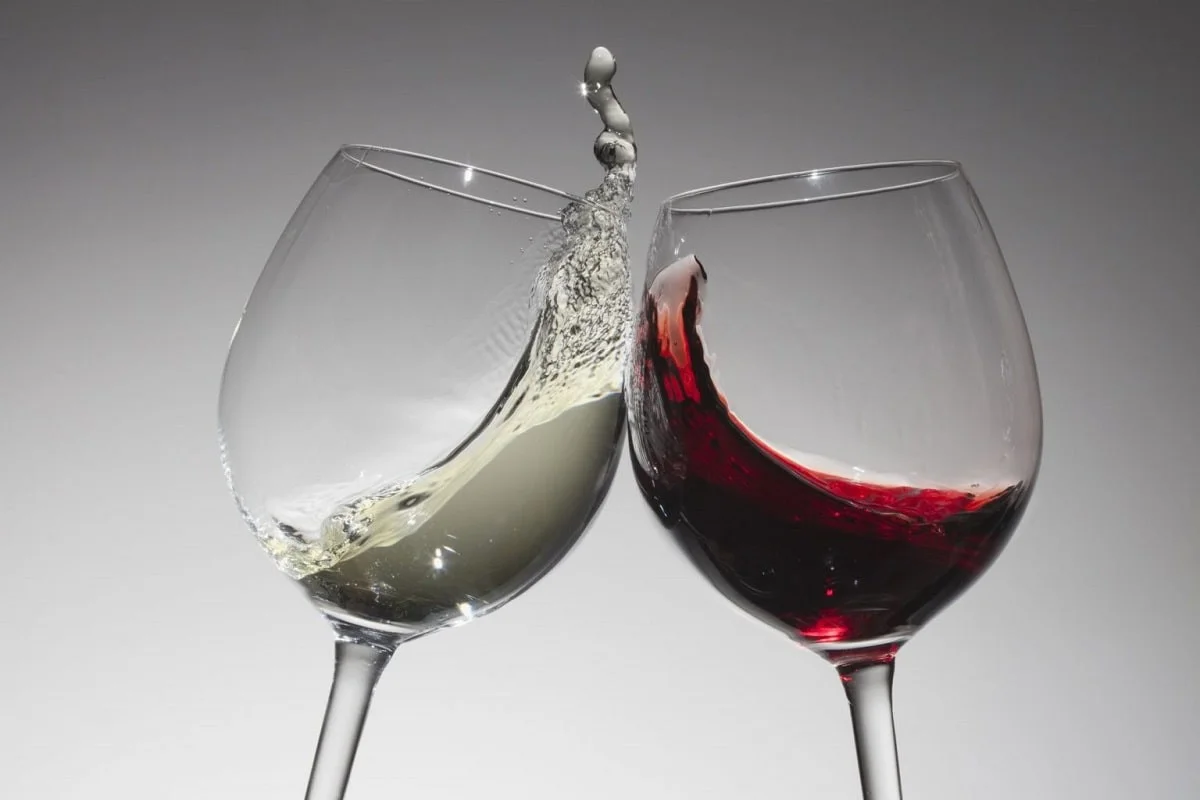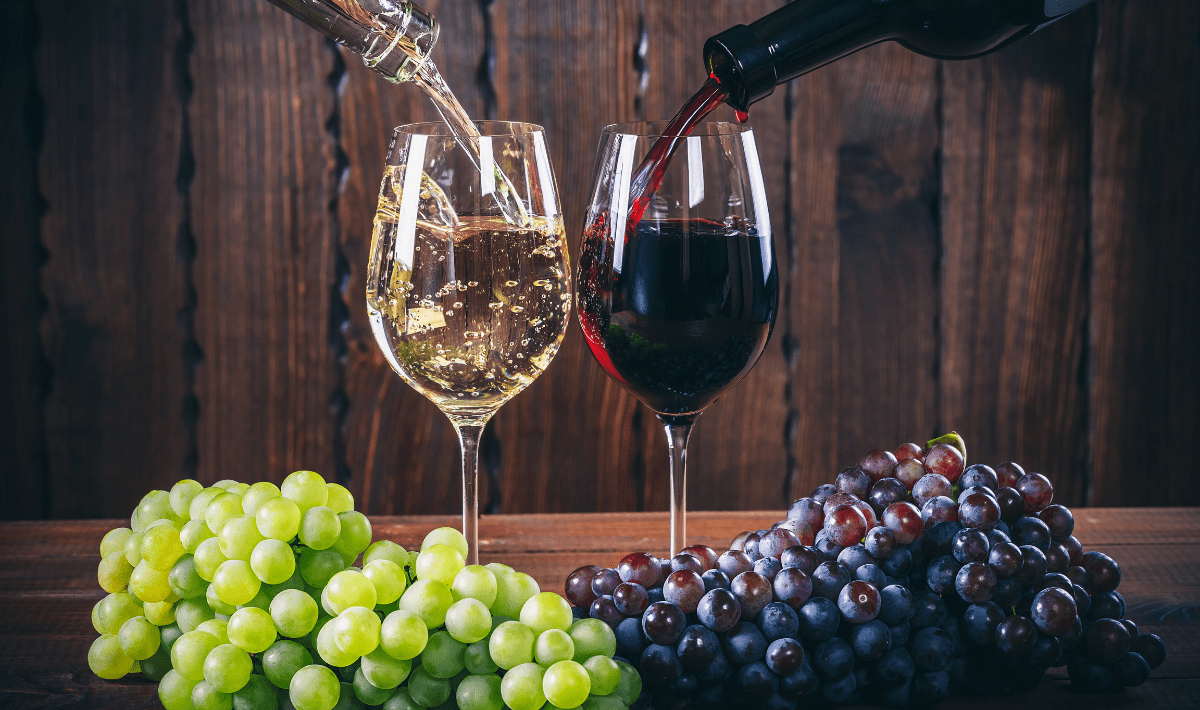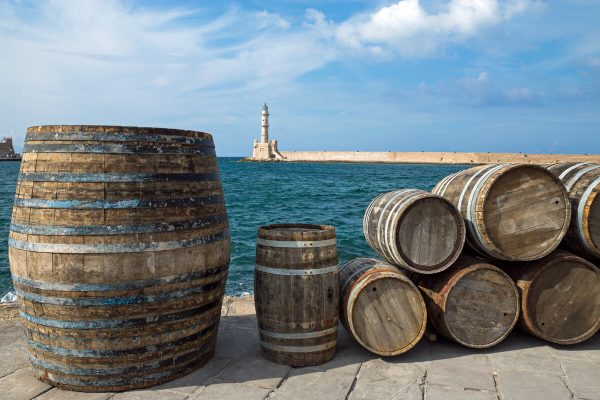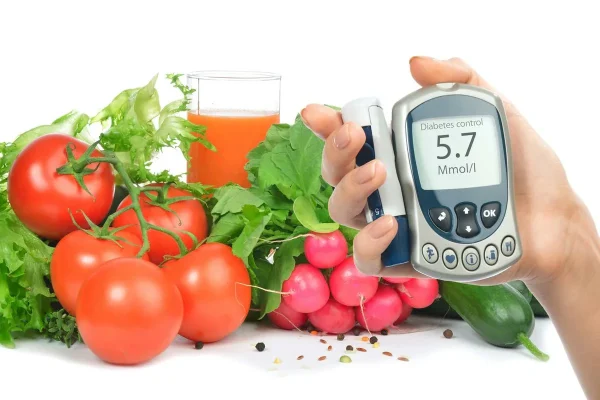A large-scale study conducted by Brown University compares the effects of red wine and white wine on cancer risk. Its findings are surprising and challenge a long-held belief among wine lovers.
Every meal or aperitif reignites the debate: is red wine really better for your health than white wine? A team of researchers at Brown University has addressed this question that many people ask themselves by carefully examining the effects of each type of wine on the risk of cancer.
Red wine is no more protective than white wine
We’ve all heard it said around the dinner table: a glass of red wine is ‘good for your health’. Thanks to its resveratrol content, a renowned antioxidant, it is even said to have a protective effect against certain cancers. The team at Brown University’s School of Public Health wanted to see if this idea stood up to scrutiny.
The researchers sifted through 42 studies involving 96,000 participants, directly comparing red wine and white wine. Their verdict is clear: ‘We found no difference in the association between red or white wine consumption and overall cancer risk. This challenges the common belief that red wine is healthier than white wine.’
Increased risk of skin cancer among white wine drinkers
While wine does not appear to increase the overall risk of cancer, one detail stands out. ‘We observed a difference in the risk of skin cancer. Specifically, white wine consumption, unlike red wine consumption, was associated with an increased risk of skin cancer,’ the authors note.
The researchers suggest that this may be due to behaviours associated with white wine consumption, such as ‘artificial tanning and insufficient use of sunscreen. However, it is not known why white wine, in particular, is responsible.’ The study also found a stronger link between white wine and the overall risk of cancer in women.

In France, alcohol remains a major factor in cancer
While these findings qualify certain beliefs, they also highlight a well-known reality: alcohol remains a proven risk factor. In France, it is the second leading preventable risk factor, causing 30,000 new cases of cancer each year. By 2024, alcohol is expected to cause 49,000 deaths, including 16,000 related to cancer.





